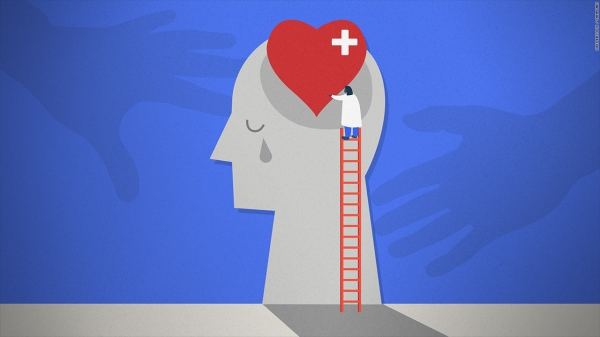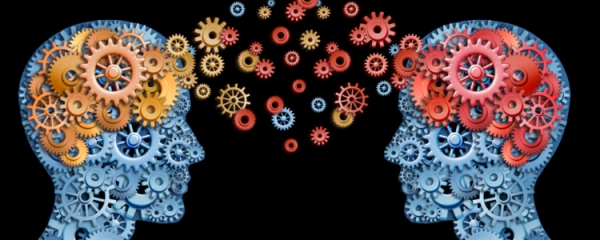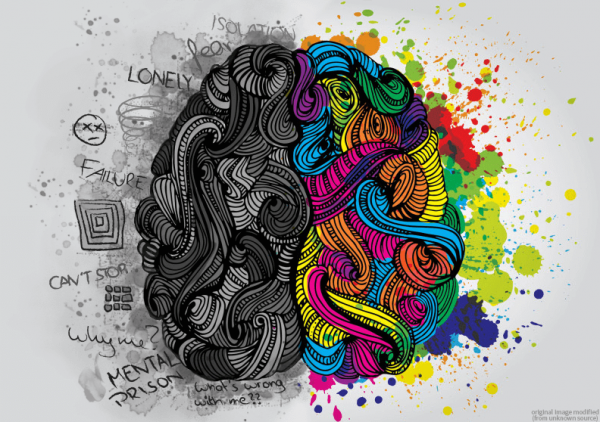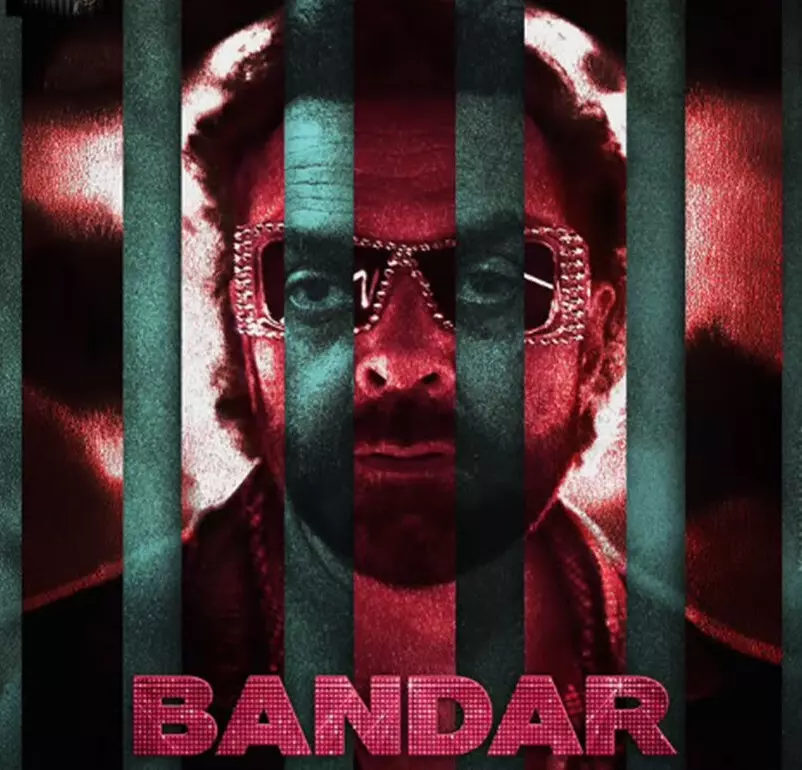Table of Content
This cannot be proudly stated that people are aware of the fact that “without mental health, there can be no true physical health.” However, even in a slow-moving pace as you can claim it to be – mental health has been started to be taken seriously in India. India being still a developing country needs to buckle up their shoes real quick and tight before a mass upturn causes mayhem.
With numbers of villages in this country where age-old superstitions are still rooted deep, mental health is a hushed topic. A taboo, to be specific, is only to be talked about behind doors. It is considered by many as solely an urban phenomenon while clearly the rural is as affected as the urban. Nevertheless, with the attempts of governmental and many non-governmental organizations working harder to make the impossible happen, mental health awareness is being focused upon in the major forefront. To start with, it is believed by various experts, that more open-mindedness would help it progress.
Abstract And Type Of Law Implementation

Recently, Indian law finds its greatest commonality with the English Common law, which actually gives all the relevance to the judicial records made by the precedents. Previously in India, the legislation in mental health
This new law was implemented into action only after considering the equality, dignity and moral capacity. Again, two years later in 2008, the disability laws were all revised so that the United Nations Convention for Rights of Persons can all bring them under a single roof. Soon, the Mental Health Act in 1987 and the Persons with Disability Act in 1995 were decided to be revised and preparation of draft bills followed.
Groups of Human Rights activists are placing demands for absolute legal capacity for the person with mental illness so that his/her case can be established and strongly fought for. Another demand is from the Psychiatrists who say that there should be facilities of involuntary hospitalization in circumstances that demand special attention. Dynamicity of the relationship between mental illness and legal measures should be understood in order to understand the bigger scenario of the laws that are enforced.
For Psychiatrists, the courts are quite like “another house…with its different motives, goals, and rules of conduct.” For obvious reasons, the primary concern of the Psychiatrists remains to be in the periphery of his patient. Diagnosing his illness, choosing his procedure of treatment, and working for the welfare of the patient continue to be the main motive of the doctor.
However, the court cannot work on emotional or grounds of attachment. It takes into concern the welfare of the society, level of dangerousness that can occur from the patient, reduced responsibility etc and therefore the major clash which almost poses one as an anti of the other. Hence, the former laws that were made gave maximum stress to the legal security and concerns of the court. Later, the rights of Persons of Mental Illness were also taken into immediate concern and new legislation was drafted.
What Does The Constitution Of India Say?

Indian Constitution, being the largest constitution in this world possibly contains all the paradigms. Under Article 21, the Constitution of India clearly states that no person can be deprived of his/her life as well as personal liberty except a situation where a procedure is established by law. Under the broad heading of the right to life and personal liberty includes “facilities for reading, writing and expressing oneself in diverse forms, freely moving about and mixing and commingling with fellow human beings.” According to Section 16 under the Representation of People Act in 1950, a person would not be considered eligible for registration in the electoral roll in case he is of unsound mind or stand as declared by a competent court. Hence, once disqualified, the person is no more eligible to hold any offices under the Constitution such as that of President, Ministers of any house, Member of Parliament or State Legislatures and even the Vice President.
The Mental Health Care Act Of 2017

The Mental Health Care Act of 2017 which was passed last year has been in action since July 7th, 2018. The law has been described in terms of “An act to provide for mental health care and services for persons with mental illness and to protect, promote and
Changes Brought In The Mental Health Act Of 1987

Certain alterations are made into the former act of 1987 regarding the Mental Health which has been discussed below:
- Attempt to Commit Suicide has been decriminalized by this act. In fact, it is seen more as a thing where the individuals who attempt suicide has been offered chances of rehabilitation directly from the government as against to being tried or punished for the attempt.
- Electroconvulsive Therapy can only be used on patients in times of acute emergency.
- Stigmas related to mental health has to be tackled.
- Safeguard the rights of people with mental illness and their access to health care and treatment without any possible discrimination from the government under any grounds. Medical insurance is bound to cover any illness related to a person’s mental health as well.
Thus, in recent years, India has stepped up in making required reformation in the legal structure to reach out more to the people suffering from bad mental health.
.webp)





_1735214375.webp)








